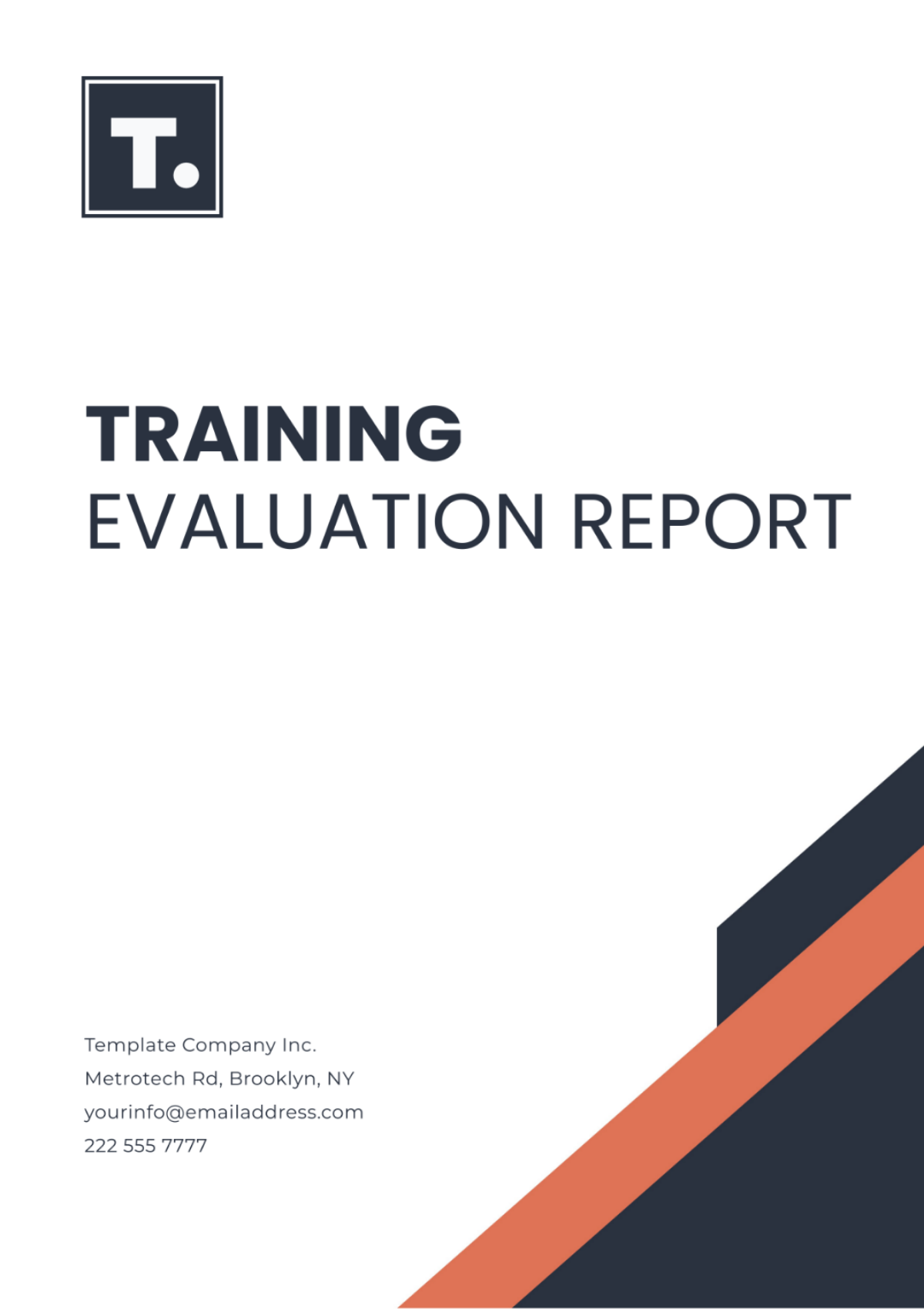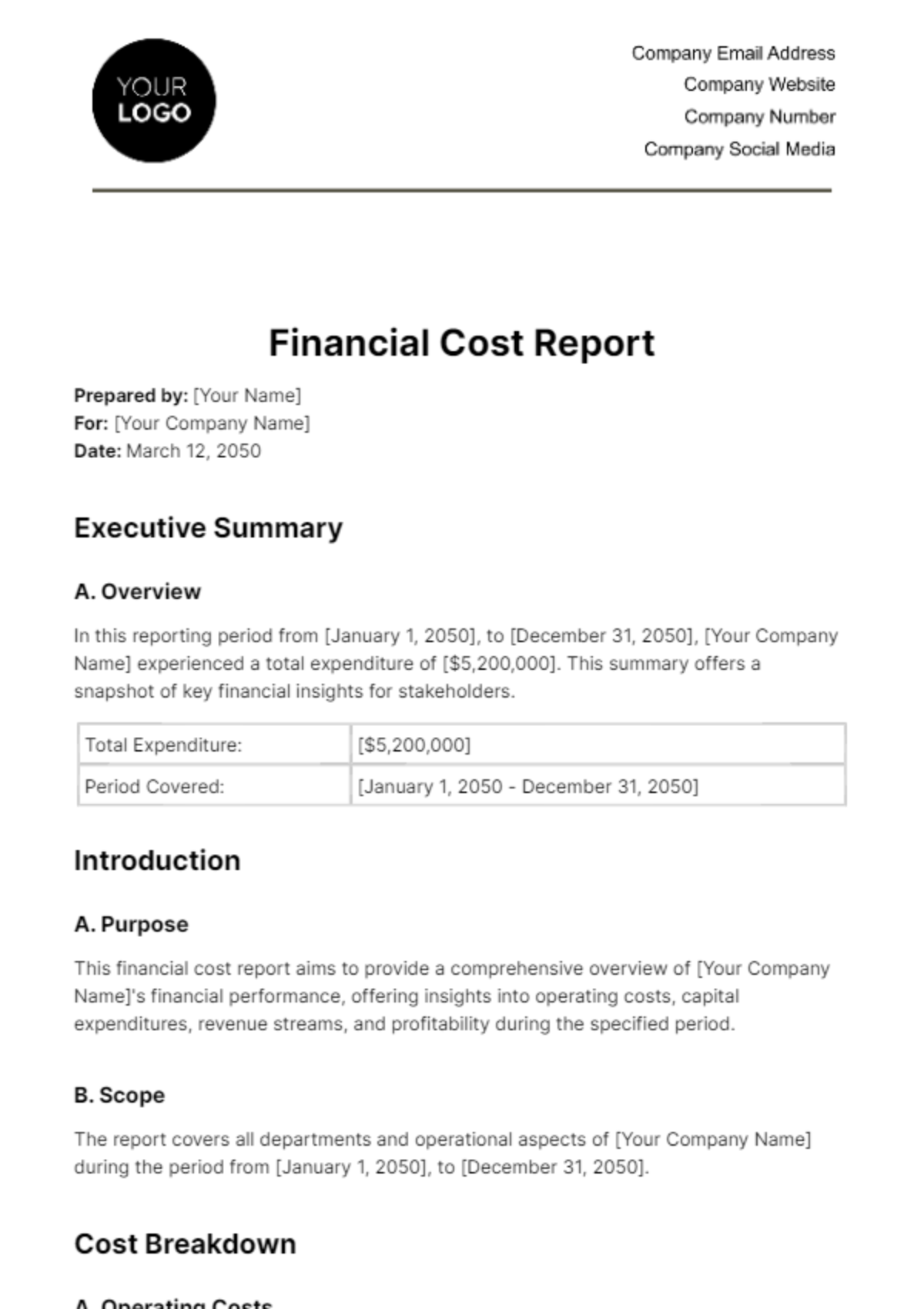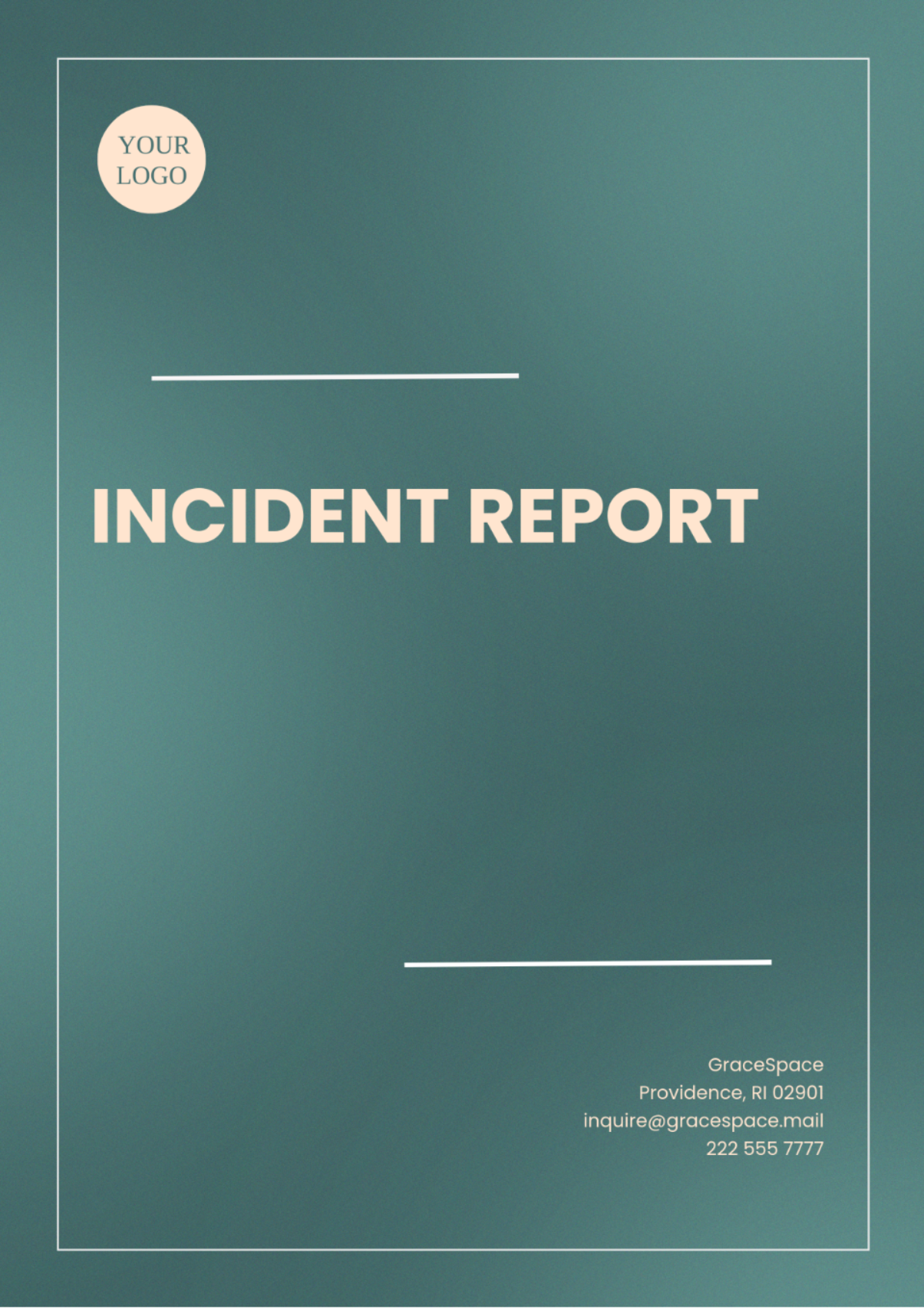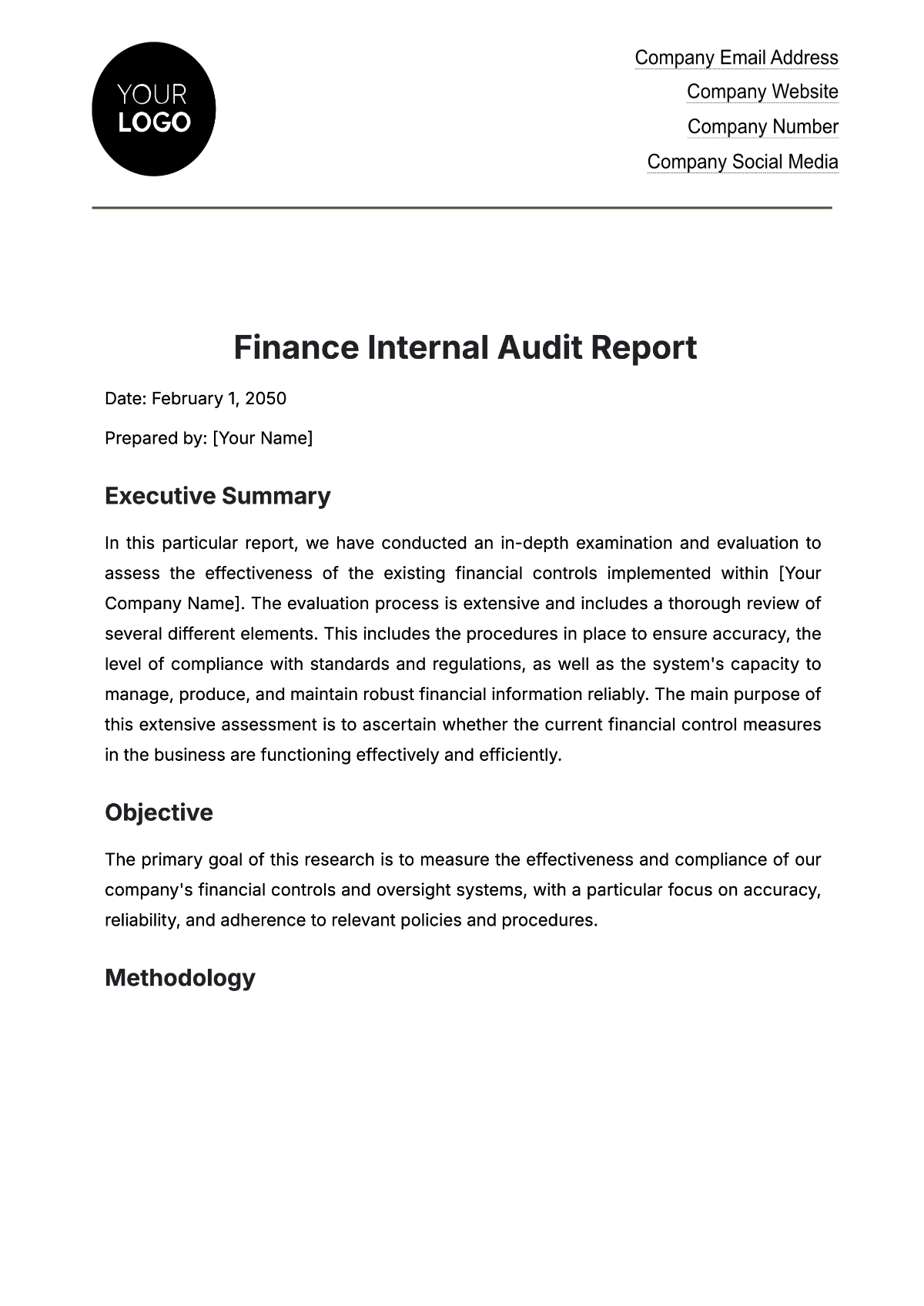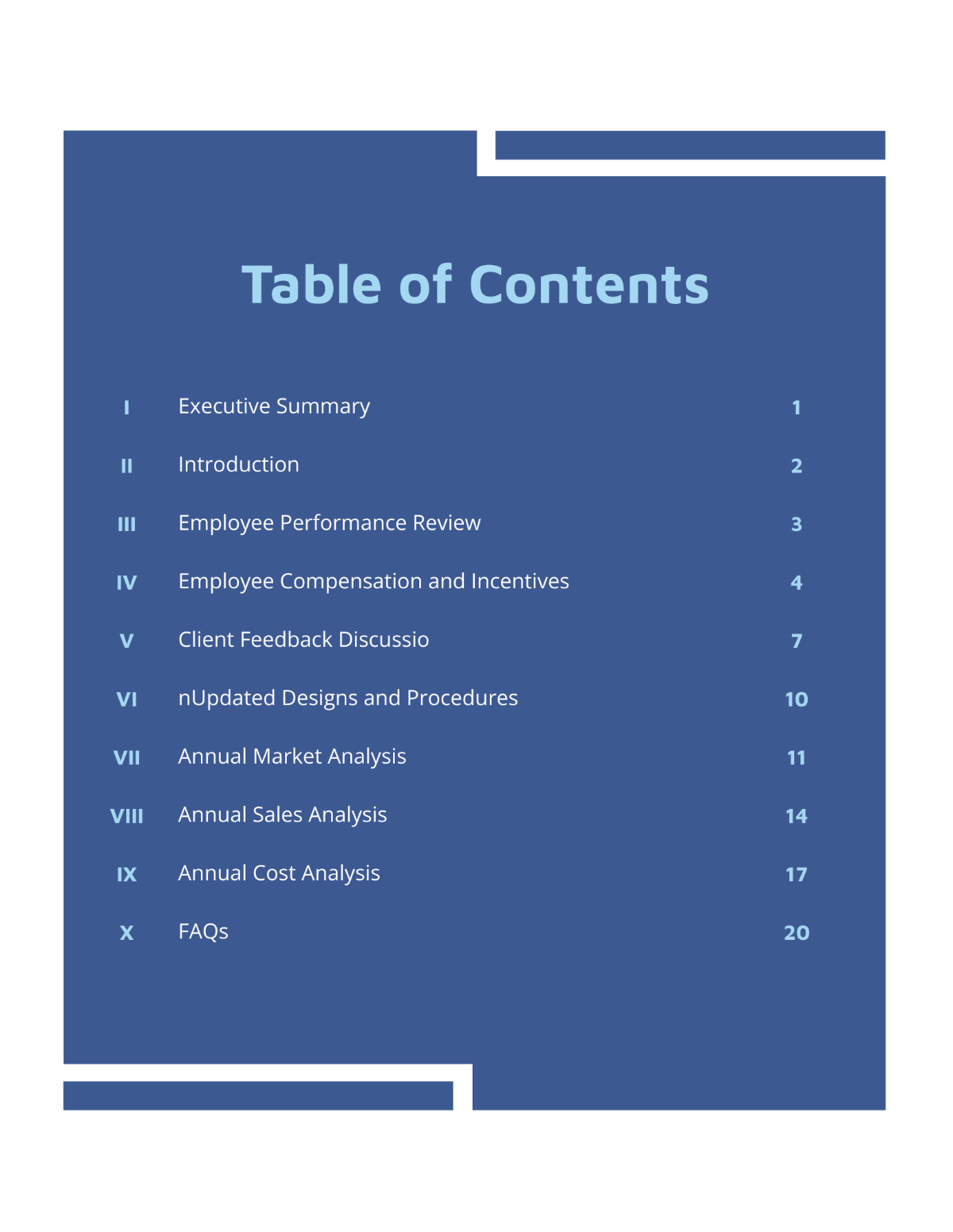EMERGENCY CRISIS MEETING REPORT DESIGN
Prepared by: [Your Name]
Date: November 14, 2050
Time: 10:00 AM
Location: Minneapolis, MN 55401
I. Attendees
Crisis Manager: [Your Name]
Jane Doe: Operations Lead
John Smith: Public Relations Specialist
Emily Brown: Legal Advisor
Mark Taylor: IT Support Specialist
II. Meeting Objectives
Conduct a comprehensive assessment of the crisis situation.
Develop a clear, actionable response and recovery plan.
Define roles, responsibilities, and timelines to ensure effective execution.
III. Agenda
1. Current Situation Overview
Crisis Event Summary: Detailed analysis of the incident, including its nature, cause, and triggers.
Impact Assessment: Identification of affected areas, severity of damage, and potential ripple effects.
2. Stakeholder Communication Strategy
Internal Communications: Formulate consistent messaging for employees, management, and partners.
External Communications: Develop statements for stakeholders, clients, and public audiences.
Media Contact Protocol: Assign spokespersons and prepare press releases.
3. Resource Allocation
Personnel Deployment: Mobilize appropriate teams to address immediate needs.
Financial Resources: Allocate budget for urgent expenditures and crisis-related operations.
Logistics: Ensure availability of equipment, supplies, and transportation.
4. Risk Mitigation Measures
Immediate Actions: Implement containment strategies to mitigate further risks.
Preventive Measures: Develop frameworks for long-term risk prevention and resilience.
IV. Action Items
Communication Templates:
Finalize and distribute communication templates for all key audiences by close of business.
IT Systems Audit:
Conduct system integrity checks and reinforce cyber defenses, led by Mark Taylor.
Follow-Up Meeting:
Schedule a progress review meeting in two days to evaluate execution and adjust plans.
V. Conclusion
The meeting highlighted the urgency of addressing the crisis with decisive actions and cohesive teamwork. A strategic approach to communication, resource allocation, and risk mitigation will be critical to minimizing damage and ensuring a swift resolution. Continuous updates and feedback loops will keep the plan adaptable and effective.
VI. Contact Information
Email: [Your Company Name]
Phone: 222 555 7777




